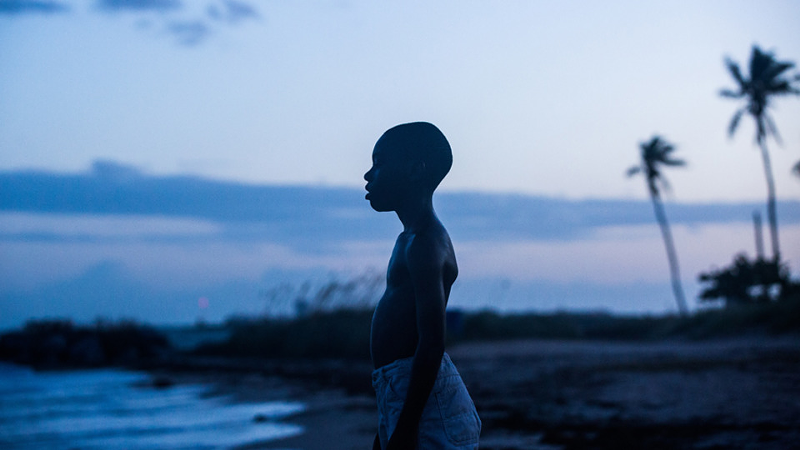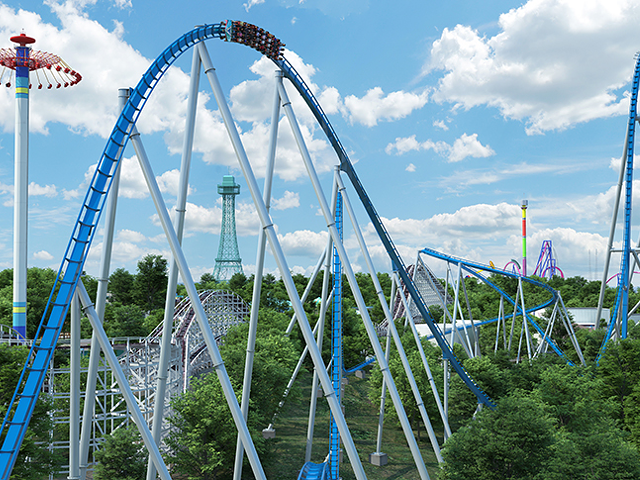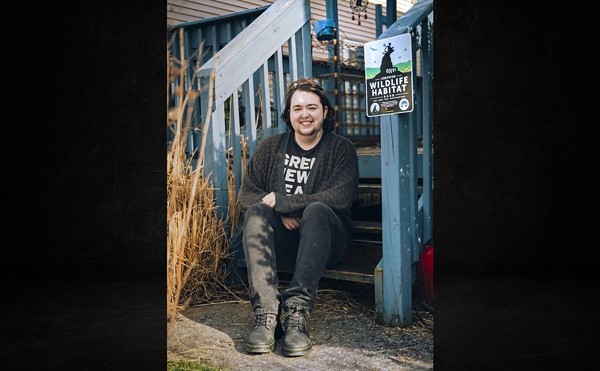How do you distill a decade’s worth of films down to the essentials? In this case, it has nothing to do with focusing solely on 10 years’ worth of top 10 lists, and cutting and pasting each onto a list ready for a quick ranking. A critical and subjective re-evaluation must take place. It wouldn’t be fair to reflect on a year-by-year basis. Films, like memories, move and bleed into one another and those synaptic drippings on our emotional canvases aren’t limited by time. Unless that is part of the parameters we set.
The Dreamscapes
• Melancholia, Lars von Trier (2011)
• Upstream Color, Shane Carruth (2013)
• Only Lovers Left Alive, Jim Jarmusch (2013)
• The Babadook, Jennifer Kent, (2014)
• Parasite, Bong Joon-ho (2019)
At first glance, the most recent addition to this group — the currently celebrated Parasite — would seem to be unlike the other selections. Melancholia presents the end of the world as a hazy fever-dream. Upstream Color occupies a surreal alternative universe with a logic all its own. Only Lovers Left Alive imagines vampiric immortality as the wearied existence it is. And The Babadook transports audiences back to childhood and the irrationality of its fears. In all the ways that matter, Bong Joon-ho incorporates every single one of these elements into his fantastic look at class warfare and the familial ties that bind us together.
The Historic Moments
• 12 Years A Slave, Steve McQueen (2013)
• A Hidden Life, Terrence Malick (2019)
• Fruitvale Station, Ryan Coogler (2013)
• Amazing Grace, Alan Elliott and Sydney Pollack (2018)
• Mudbound, Dee Rees (2017)
Both personal and critical history factor into these moments. I first saw three of the films listed — 12 Years A Slave, A Hidden Life and Mudbound — during their festival runs in Toronto; they immediately became the benchmark titles for their respective years. Fruitvale Station achingly told a tragic story that could have sadly been forgotten. Amazing Grace unearthed and revisited an event so stunning that even iconic celebrities attending the recording sessions couldn’t believe it. It should be pointed out that Mudbound is based on a novel, but the truth of its narrative perspectives feels just as real as any of the other films.
The Startling Intimacy
• Cold War, Pawel Pawlikowski (2018)
• Moonlight, Barry Jenkins (2016)
• Ida, Pawel Pawlikowski (2013)
• The Hunt, Thomas Vinterberg (2012)
• Blue Is The Warmest Color, Abdellatif Kechiche (2013)
• A Bigger Splash, Luca Guadagnino (2015)
Lots of filmmakers produced several major works during the second decade of the still-new millennium, but Pawel Pawlikowski delivered the surest one-two punch in his two starkly rendered black-and-white tales of love and devotion. Barry Jenkins accomplishes the same feat in muted and soothing tones, focusing on a protagonist we rarely imagine having any kind of interior life, while Thomas Vinterberg places a bullseye on a target many wouldn’t suspect and dares us to not pull the trigger.
Blue Is The Warmest Color, possibly one of my favorite films of the decade that was, pulls us inside the gravitational force of first attraction and then shows how that feeling evolves. Luca Guadagnino’s Splash, once again, would seem to be the odd choice, but its rockstar vibrancy zeroes in on what happens to the world famous when the spotlight shifts and/or fades.
The Realities Of Who We Are
• Stories We Tell, Sarah Polley (2012)
• Boyhood, Richard Linklater (2014)
• American Honey, Andrea Arnold (2016)
• Burning Cane, Phillip Youmans (2019)
I came close to cheating by including an extra film in this act (Take This Waltz from Sarah Polley), but The Stories We Tell is by far the more haunting and impressive work from this actress-director. Is it a documentary about her talented family or a love letter dedicated to the idea of the intimate myths that make us human? At the end of the day (or the decade), it doesn’t matter either way. Boyhood and American Honey trod the same narrative territory. And Burning Cane just might be the greatest and most mysterious revelation of all, because it grants us access to a burgeoning filmmaker creating his own mythic origin right before our eyes.
Contact tt stern-enzi: [email protected]






